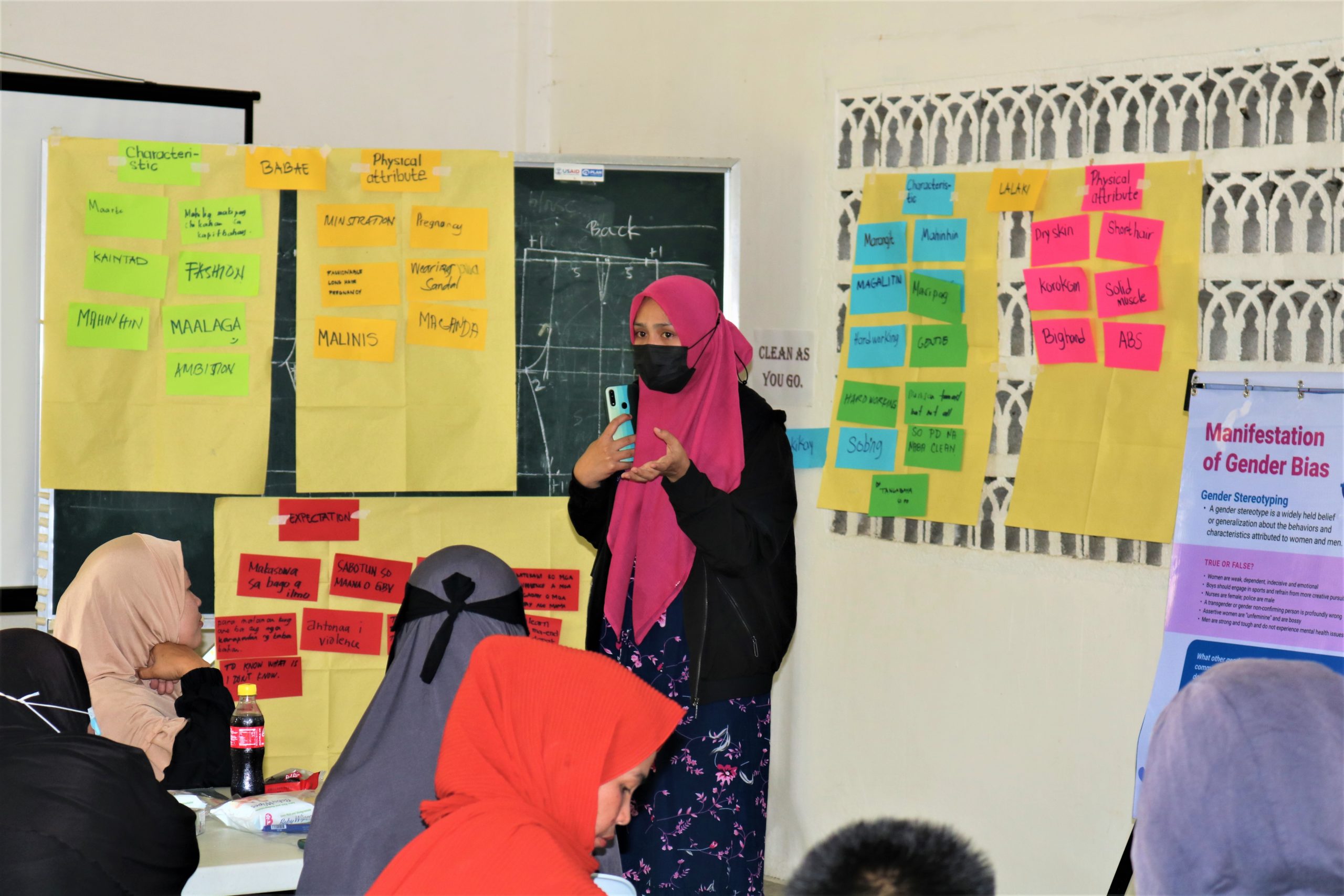Recent developments in the fight against COVID-19 will send abaca farmers into having a second look at their farms. The Philippine Fiber Authority (PhilFIDA) just announced that the demand for abaca fiber will rise because it is the suitable raw material in the manufacture of PPEs.
Read it here DEMAND RISES FOR PH ABACA AS RAW MATERIAL FOR PPE
As no vaccine or cure has been developed yet, PPEs are the main line of defense against COVID-19.
The Philippines supplies 87% of the world’s need for abaca fiber. Despite this, there is still a supply deficit of 125,000 metric tons. That is equivalent to the output of 60,000 hectares of abaca farms.
Even before this pandemic, EcoWEB has been partnering with abaca farmers in the highlands of Iligan City. Many years back, it facilitated projects in giving out abaca planting materials. In 2019, it started a social enterprise project with abaca farmers through the support of Bread for the World. This project aimed to establish an abaca-based enterprise run by the farmers themselves.
Presently, the project organizes the farmers into production guilds of 25 farmers each and equip them with knowledge and skills in all aspects of the abaca production.
The project aims to develop at least 800 hectares of fully-planted abaca farms. That may seem to be a little contribution to the country’s need of 60,000 hectares, but big enough for the 800 farmers who solely depend on abaca for their daily sustenance.
Throughout this lockdown, EcoWEB continues to assist the existing production guilds in harvesting and fiber extraction—giving jobs and ensuring food for the farmers. They also continue developing their abaca farms. This is necessary as they prepare themselves for the increasing demand for abaca fiber.
RELATED ARTICLES
Work opportunities amid COVID-19 quarantine
Women deco machine operators: Can a woman play a man’s role in abaca production?
EXTERNAL LINK


